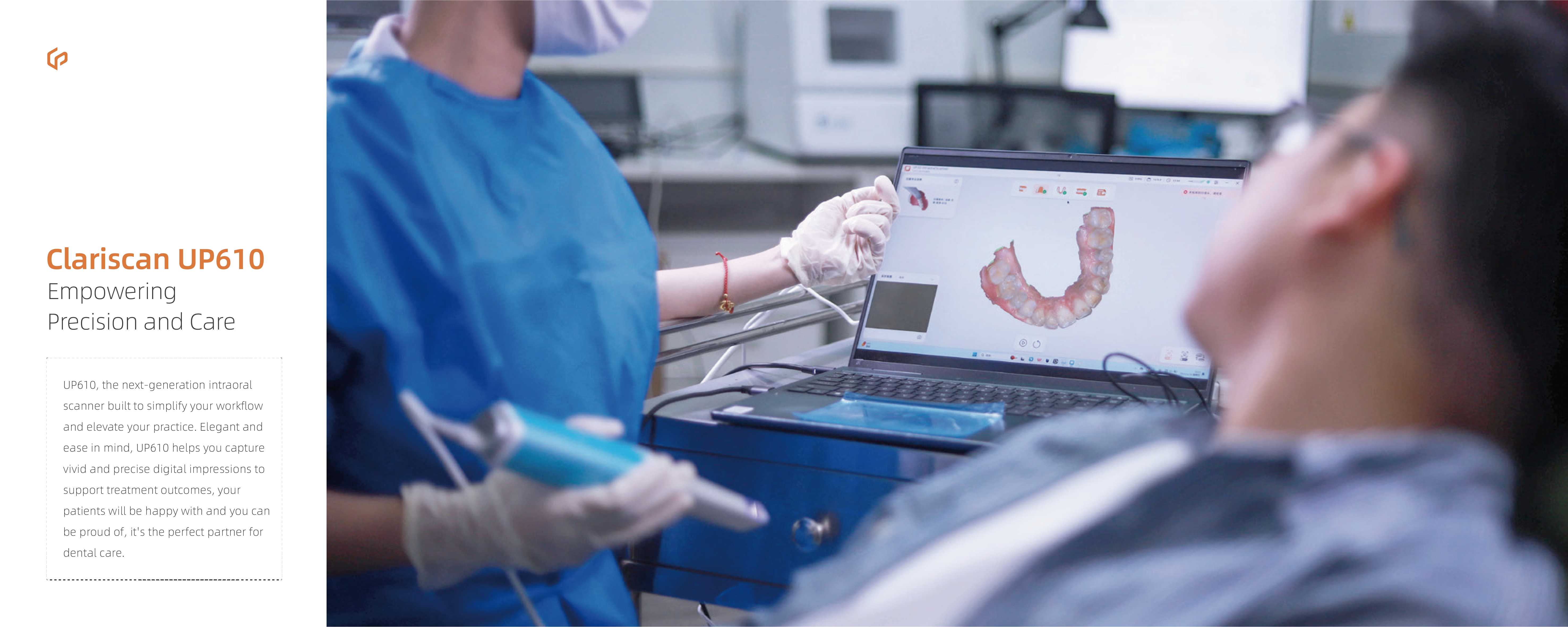Mẹo ăn uống giúp răng chắc khỏe
Chuyên gia cho biết mọi người không nên ăn uống trong khoảng hai tiếng sau bữa trưa để có hàm răng chắc khỏe, sáng bóng.
Theo bác sĩ nha khoa Alex Foo, để ngăn ngừa hư hại răng, việc cho răng nghỉ ngơi sau bữa trưa là cần thiết. Ông khuyến nghị mọi người không ăn uống trong hai giờ sau bữa trưa để giúp răng chắc khỏe và ngăn ngừa sâu răng.
"Để nước bọt tự nhiên làm sạch và tái khoáng hóa răng ít nhất hai giờ sau bữa ăn có thể giảm đáng kể nguy cơ sâu răng và mòn men răng", tiến sĩ Foo nói.
Ông giải thích, sau bữa trưa, pH của nước bọt tăng đột biến, thúc đẩy quá trình tái khoáng hóa men răng, từ đó bảo vệ răng hiệu quả. Tái khoáng răng là cơ chế tự nhiên của cơ thể, nhằm phục hồi men răng sau khi thực hiện chức năng nhai mỗi ngày. Bởi lớp khoáng không ngừng bị mài mòn do các vi khuẩn gây hại, đường và các axit có trong thức ăn. Đây còn được gọi là trình trạng khử khoáng làm lớp men ăn mòn dần dẫn đến tình trạng ê buốt răng.
Tiến sĩ Foo cho biết thức ăn tiêu thụ vào bữa trưa cũng ảnh hưởng đến chất lượng nước bọt trong suốt cả ngày. Lựa chọn ăn uống lành mạnh sẽ tạo ra một khoang miệng khỏe khoắn.
"Món salad hoặc các lựa chọn lành mạnh khác có thể thúc đẩy sức khỏe răng miệng", ông nói.
Whitney DiFoggio, nha sĩ tại New York cũng ủng hộ quan điểm này. Trước đó, bác sĩ DiFoggio cho biết để giữ cho răng sáng bóng, mọi người nên tránh các loại carbohydrate dễ lên men trong bữa ăn - như bánh mì trắng, mì ống, khoai tây chiên, ngũ cốc và bánh quy.
"Carbohydrate dễ lên men có hại cho răng vì chúng phân giải thành đường ngay khi còn trong miệng. Đây là loại đường tiềm ẩn có thể ăn mòn răng", bà giải thích.


Các chuyên gia khuyến nghị không ăn trong vòng hai tiếng sau bữa trưa để men răng được tái khoáng hóa. Ảnh: Adobe Stock
Bà lưu ý các dạng carbohydrate này khiến miệng có nhiều axit hơn, vì nước bọt phải làm việc thêm giờ để loại bỏ thức ăn dính từ răng, "tăng khả năng sâu răng". DiFoggio khẳng định thực phẩm cứng, giòn, cần cắn và nhai nhiều như cà rốt và cần tây thường tốt hơn cho sức khỏe răng miệng tổng thể.
Tiến sĩ Foo cũng khuyến nghị nhai kẹo cao su xylitol sau bữa trưa, ông cho rằng thói quen này giúp kích thích sản xuất nước bọt có lợi cho răng. Xylitol là chất làm ngọt tự nhiên có trong thực vật, thường được sử dụng trong kẹo cao su được xem là lựa chọn không đường có lợi hơn so với kẹo cao su tạo ngọt bằng aspartame.
Trước đó Shaadi Manouchehri, bác sĩ nha khoa tại Anh, tiết lộ thói quen ăn sáng và đánh răng của mình. Để duy trì vệ sinh răng miệng tối ưu, cô đánh răng trước khi ăn sáng.
"Nếu ăn rồi mới đánh răng, lợi và răng của bạn có thể bị tổn thương. Bạn sẽ dễ bị sâu răng hơn vì qua đêm, vi khuẩn trong miệng nhân lên. Việc ăn uống ngay lập tức rất có hại, vì vậy bạn cần đánh răng trước khi ăn", bác sĩ Manouchehri nói.
Đánh răng trước khi ăn sáng cũng bảo vệ răng khỏi axit có hại trong thực phẩm, đồ uống và mang lại hơi thở thơm tho.
Nếu quyết định đánh răng sau khi ăn sáng, mọi người có thể 30 phút để men răng có thời gian tái khoáng hóa và cứng lại sau khi tiếp xúc với thực phẩm có axit. Bạn có thể uống nước để khởi động quá trình này.
Bác sĩ Foo cũng cho biết việc chỉ đánh răng hai lần một ngày là chưa đủ để giữ cho răng khỏe mạnh. Mọi người nên đánh răng khoảng ba lần.


